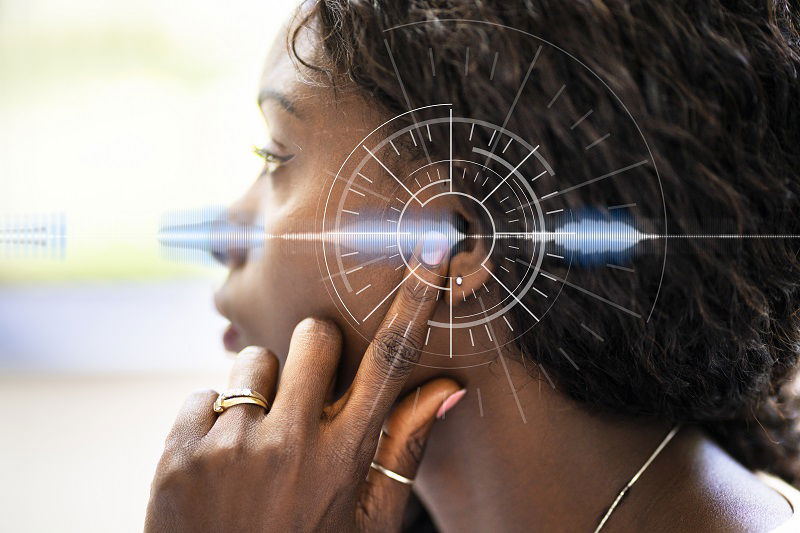If you have hearing loss, your hearing specialist might recommend hearing aids. Hearing aids are devices that help you hear speech and other sounds that you otherwise could not hear clearly. While the idea of using hearing aids might seem straightforward, there are several common mistakes people make when using hearing aids. This is especially true for new hearing aid users. Do you make any of these common hearing aid mistakes?
Hearing Aid Mistake #1: Putting in your hearing aids without checking the features and settings.
It might seem like a great idea to put in your new hearing aids right away once you receive them. However, it can be very worthwhile to check the features and settings first. Many modern hearing aids come with advanced features that can improve your quality of life and make using your hearing aids easier. If you simply put in your hearing aids without learning how these features work, you might be short-changing yourself and your hearing.
Furthermore, it’s important to make sure the settings are all set correctly before you start using your hearing aids. If the settings are not correct, you may not like wearing your hearing aids or you might not use them to their full extent. We recommend that you ask your hearing specialist to show you the features and settings on your new hearing aids and explore them yourself before you start wearing your devices.
Hearing Aid Mistake #2: Not having your hearing aids professionally fitted.
Now that over-the-counter hearing aids are becoming available, it is possible to get a hearing aid and start wearing it without it being professionally fitted. While this might seem like an easier option, it can cost you in the long run. One important benefit of having your hearing aids professionally fitted is that they will be as comfortable as possible. This is crucial since you will want to wear your hearing aids often (likely every day!) and will want to maximize comfort.
Hearing Aid Mistake #3: Not expecting a period of adjustment.
When you buy new shoes, you expect a period of “breaking them in,” when you will get used to wearing your new shoes. The same is true if you started wearing glasses; you would expect a period of adjusting to wearing lenses. Similarly, you should expect a period of adjustment for your new hearing aids.
One thing you can expect to adjust to is that your hearing with hearing aids is not exactly the same as normal hearing before hearing loss. It will be a little different, and it will also feel different from how you have become accustomed to hearing things with hearing loss. As long as you expect a period of adjustment, you will likely find it not too frustrating. If you need any help during this period, be sure to reach out to your hearing specialist. We want to make sure your transition to using hearing aids is as seamless as possible.
Hearing Aid Mistake #4: Not cleaning your hearing aids.
You want your hearing aids to last as long as possible, and one important factor in helping your devices last is cleaning them properly. It is essential that you clean your hearing aids on a regular basis—ideally every night when you take your hearing aids out before going to bed. Your hearing aids can collect dust and dirt that need to be cleaned off regularly. In addition, be sure to empty and clean the wax deposits every night. Failing to do so can prevent your hearing aids from working properly.
Avoiding these four mistakes can go a long way in helping your hearing aids last and ensuring that you get the most out of your devices. To learn more about the best way to use your hearing aids, we invite you to contact our hearing practice today.




